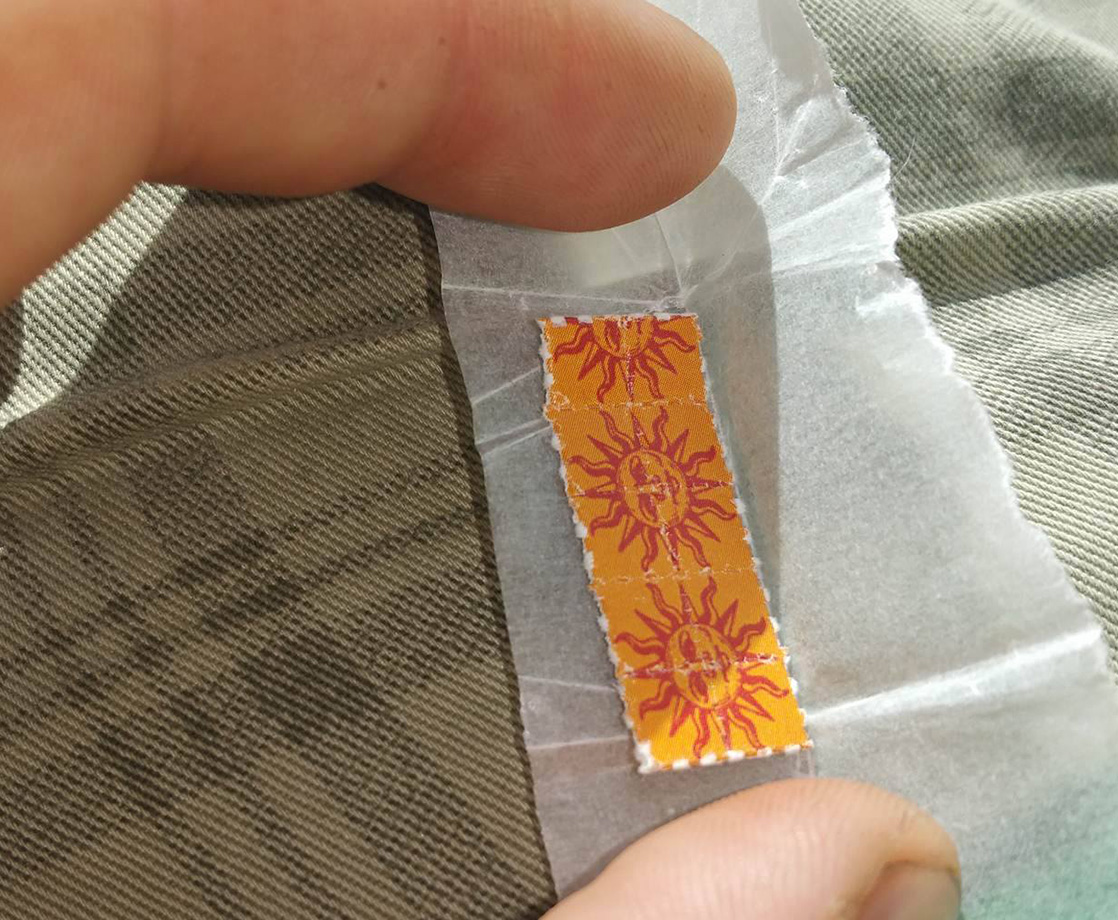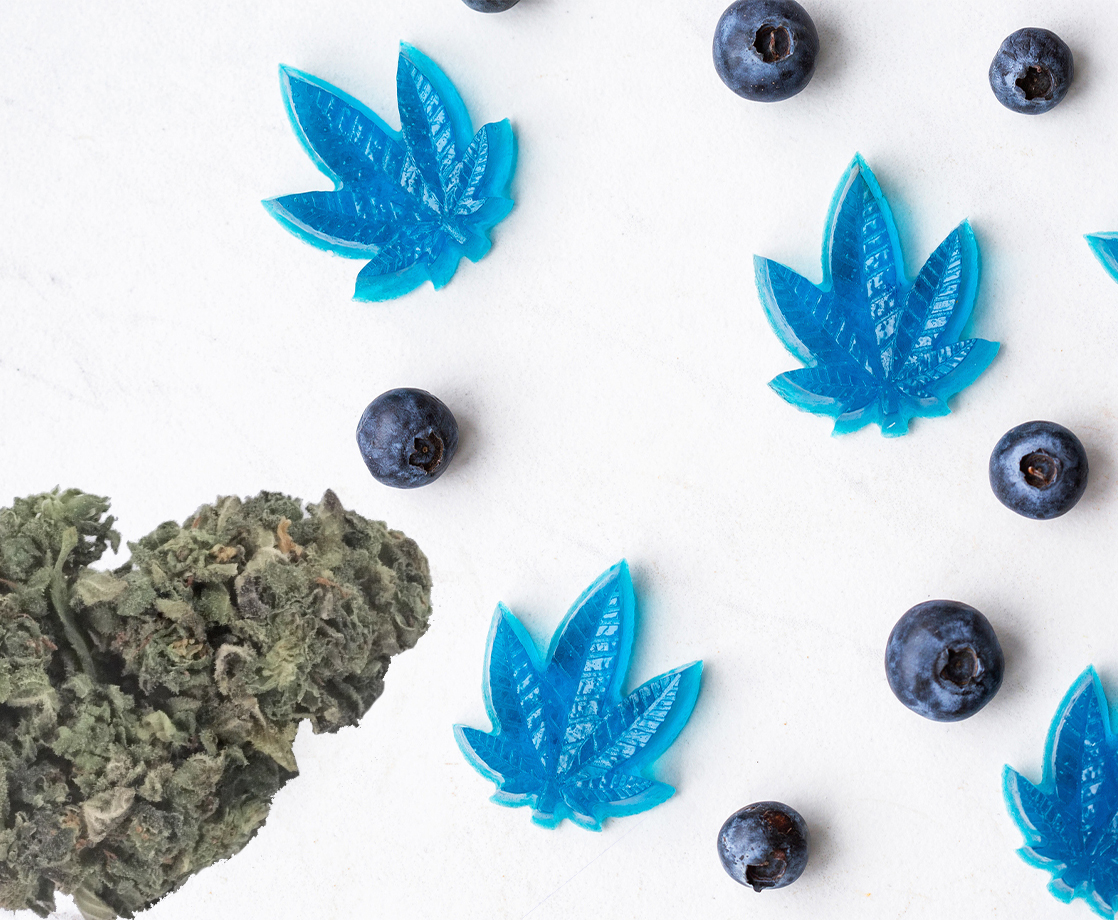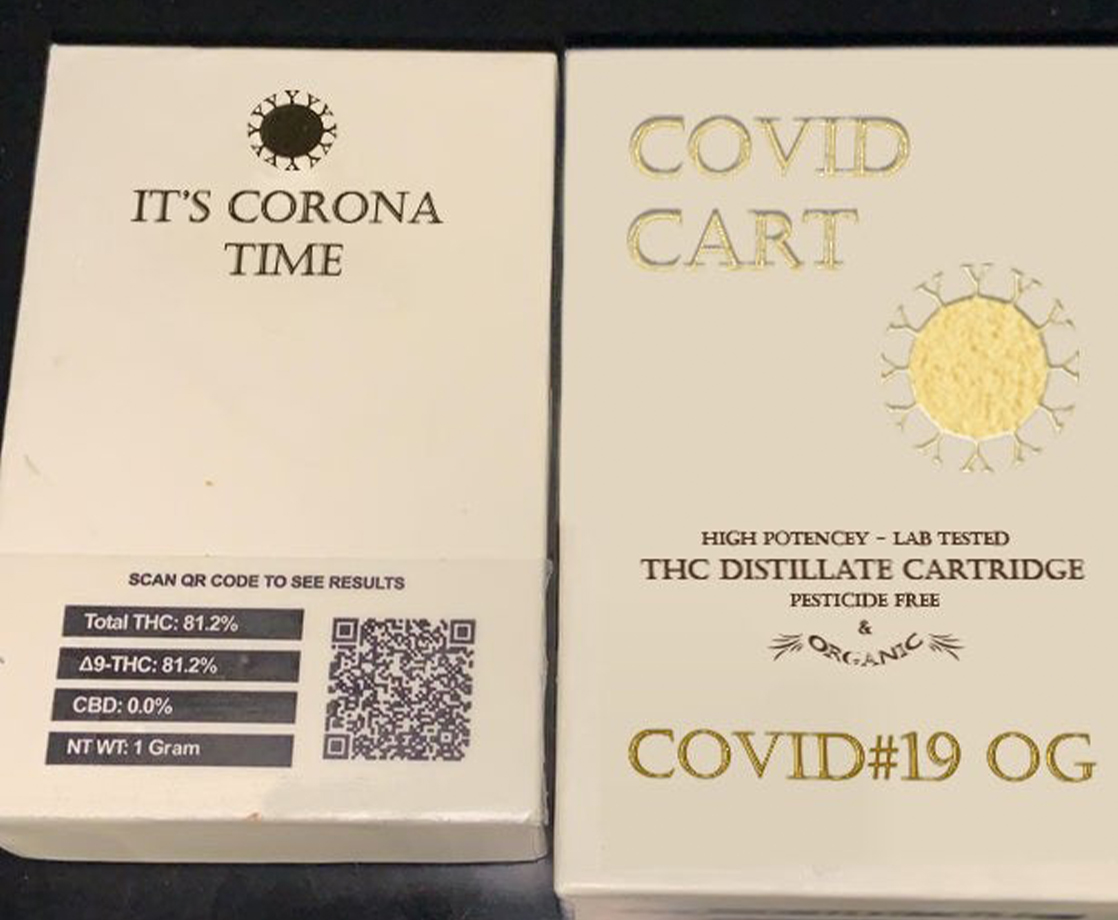LSD has largely been ignored while the world gushes over legal weed and decriminalized magic mushrooms. But a new research project in New Zealand will assess whether the counterculture’s favorite psychedelic is just a hedonistic substance or a tried-and-true medical treatment.
The clinical trial, led by Dr. Suresh Muthukumaraswamy at the University of Auckland, will investigate whether LSD and psilocybin microdoses actually do anything, and if they do, whether those effects can translate to medical treatments.
“The data looks promising, but it’s not clear yet… whether the risk-benefit ratio is there, and we’re not sure yet whether it might work over and above a good placebo,” Muthukumaraswamy told the NZ Herald.
Gallery — Bitchin’ Blotter Papers:
While you may have never heard of Muthukumaraswamy before, you’ve likely seen some of his research, especially if you’re a devoted acid head. In 2016, he was part of the research group that performed brain imaging studies on people tripping from LSD. The study discovered that LSD works by connecting all parts of the brain together at once. The findings were so mind-blowing that Inverse awarded the study “Experiment of the Year” and noted that it would “fundamentally alter the future of an entire field.”
LSD has made some serious strides over the decades, from Woodstock to modern medical clinics. Otherwise known as acid, LSD is known for causing hallucinations and fuzzy, feel-good thoughts, but it could also treat everything from PTSD to drug addiction to clinical depression. The same goes for psilocybin, the psychedelic component of “magic mushrooms.”
If the project receives government approval, Muthukumaraswamy and his team will conduct the world’s first randomized, controlled clinical trial for LSD and psilocybin microdosing.
Of course, this wouldn’t be the first study delving into LSD’s secrets. Last last year, researchers in the UK began the first placebo-controlled trial for microdosing LSD. Over the past year, Dutch researchers began looking into the same thing, too, while American researchers published their LSD microdosing study results this summer. These ongoing studies are different from the New Zealand trial because they’re not concerned with whether microdosing possesses medical efficacy, but rather whether microdosing generates real psychoactive effects or if it’s just placebo.
“Drug tests in pharmaceutical companies usually involve hundreds of people in each study across multiple studies and multiple centers in order the get the data that you need to say it works, that we have a really good side-effect profile, and we know how to do this in the safest possible manner,” Muthukumaraswamy continued. “We’re just not even close to there yet.”
Gallery — Edibles That Look Like Real Food Products:
Follow Randy Robinson on Twitter











